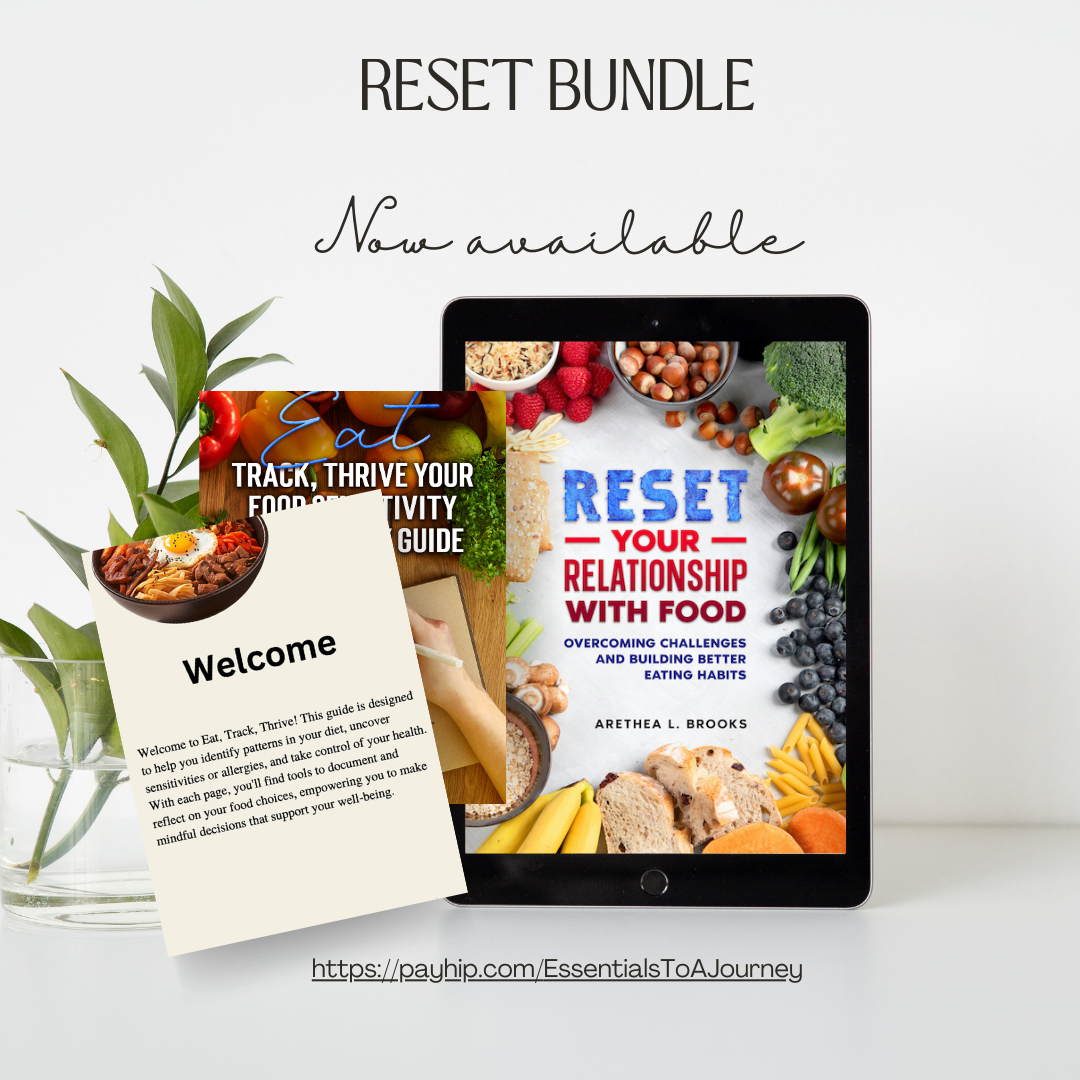Your relationship with food is more important than you might think. It shapes your physical health, emotional well-being, and daily habits. Neglecting this relationship can lead to a cascade of often overlooked challenges. Let’s explore four key essentials that, when left unaddressed, can hinder your connection to food and affect your overall quality of life.

1. Emotional Eating
Food often becomes a coping mechanism for stress, sadness, or boredom. This emotional reliance on food can create an unhealthy cycle of using meals or snacks to soothe feelings rather than addressing the root cause. Over time, emotional eating can lead to weight gain, guilt, and a strained relationship with food.
2. Lack of Awareness
Many people eat on autopilot, unaware of their hunger levels or how different foods make them feel. This disconnect leads to overeating, under-eating, or choosing foods that don’t support their health goals. Without mindfulness, it’s easy to fall into patterns that harm both body and mind.

3. Ignoring Food Sensitivities
Symptoms like bloating, fatigue, or skin issues may indicate food sensitivities or allergies. These issues can silently impact one's health and well-being when left unchecked. Ignoring how certain foods affect one's body can exacerbate physical discomfort and create a negative association with eating.
4. All-or-Nothing Thinking
Many view food through the lens of “good” or “bad,” leading to restrictive diets or binge-eating episodes. This black-and-white mindset fosters guilt and anxiety around eating, making it harder to develop a balanced, sustainable approach to food.
Moving Forward with Intention
The journey to a healthier relationship with food begins with awareness. Start by reflecting on your eating patterns and the emotions tied to them. Practice mindfulness during meals by savoring each bite and paying attention to your body's feelings. Address any physical discomforts or sensitivities with curiosity and a willingness to adapt. Lastly, embrace flexibility in your eating habits, allowing room for nourishment and enjoyment.
Consider using tools like Reset Your Relationship with Food and the Eat. Track. Thrive food tracker to guide your steps and provide clarity.

Your relationship with food is a lifelong journey. By approaching it with compassion and intention, you can transform food into a source of strength, joy, and well-being. Remember, small steps lead to significant changes. Choose one area to focus on today and take a meaningful step toward a better connection with your food.



Comments ()